MCQ ON ORIGIN OF LIFE class 12 for NEET | ORIGIN OF LIFE class 12 | MCQ ORIGIN OF LIFE with Answer | Check the below NCERT MCQ question for class 12 Biology based on the with Answers.
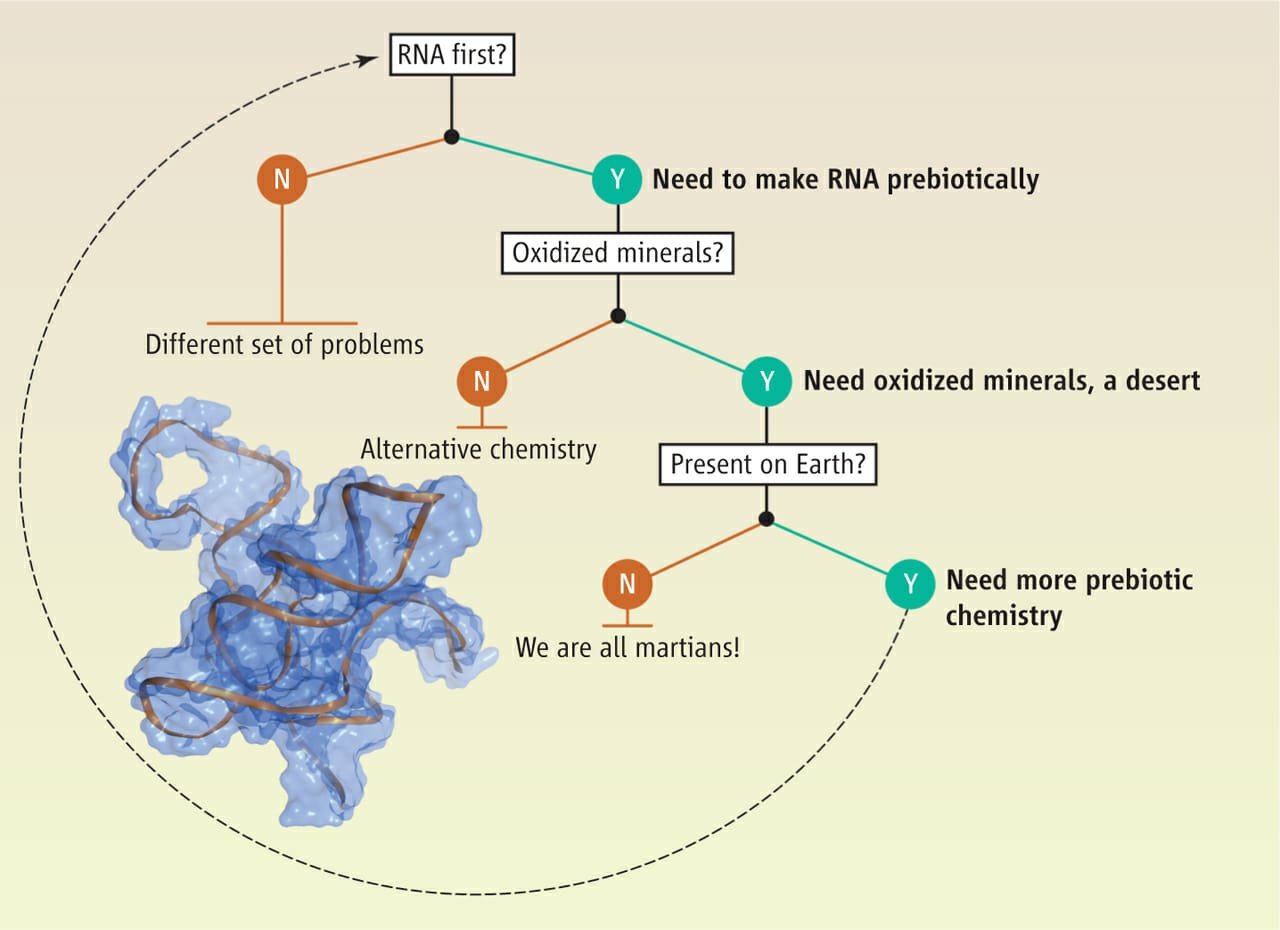
MCQ ON ORIGIN OF LIFE class 12 for NEET
MCQ on ORIGIN OF LIFE class 12 Biology with answers were prepared based on the latest pattern.We have provided class 12 Biology MCQs questions on ORIGIN OF LIFE with Answers to help students understand the concept very well.
MCQ ON ORIGIN OF LIFE is useful for NEET / CSIR / UGC / CBSE / ICSE / AIIMS / EXAM / AFMC EXAM / STATE LEVEL MEDICAL EXAM 2022-23, 2023-24
Introduction:
Evolutionary biology is the study of history of life forms on earth.To understand the changes in flora and fauna that have occurred over millions of years on earth , we must have an understanding of the context of origin of life , of stars, of earth and indeed universe itself.This is the story of origin of life and evolution of life forms or biodiversity on planet earth in the context of evolution of earth and against the background of evolution of Universe itself.
MCQ ON THE ORIGIN OF LIFE class 12 for NEET
1.The First organisms were
(a) chemoauutotrophs
(b) chemohetotrophs
(c) autotrophs
(d) eukaryotes
Ans (b) chemohetotrophs
2. The most primitive cell like chemical aggregates capable of growth and division were
(a) chemohetotrophs
(b) Eobionts
(c) Procaryotes
(d) microspheres
Ans. (d) microspheres
3. Russian scientist who proposed the theory of origin of life was
(a) oparin
(b) Haldane
(c) Miller
(d) Fox
Ans. (a) Oparin
4. Under certain conditions scientist have got cell like structure but without its true organisation.They are called
(a) Eobionts
(b) Protists
(c) Coacervates
(d) Microbes
Ans.(c) Coacervates
5.Organic compounds first evolved on earth and required for origin of life were
(a) urea and amino acids
(b) proteins and nucleic acid
(c) proteins and amino acid
(d) urea and nucleic acid
Ans.(c) proteins and amino acid
6. First photosynthetic organism to appear on earth were
(a) bacteria
(b) green algae
(c) cyanobacteria
(d) bryophytes
Ans.(a) bacteria
7. Oparin’s theory is based on
(a) artificial synthesis
(b) spontaneous generation
(c) God’s creation
(d) panspermia
Ans.(a) artificial synthesis
8. Coacervates are
(a) lipoprotein
(b) mixture of ammonia , carbohydrates and water
(c) colloidal suspension
(d) none of the above
Ans.(c) colloidal suspension
9. Who demonstrated that life comes from life with the help of flask with boiled broth.
(a) Redi
(b) Pasteur
(c) Van Helmont
(d) Arrhenius
Ans. (b) Pasteur
10. Most advanced theory of origin of life is that
(a) catastrophic
(b) Haldane and Oparin
(c) cosmozoic
(d) spontaneous
Ans. (b) Haldane and Oparin
11. Spark discharge apparatus for testing chemical origin of life was designed by
(a) Urey and Miller
(b) Jacob and Monod
(c) Oparin and Haldane
(d) all the above
Ans.(a) Urey and Miller
12. Theory of origin of life was proposed by
(a) Tansley
(b) Oparin
(c) Darwin
(d) Malthus
Ans . (b) Oparin
13. Which is the most important for origin of life ?
(a) oxygen
(b) water
(c) nitrogen
(d) carbon
Ans.(b) water
15. Theory of spontaneous creation was supported by
(a) Von Helmont
(b) Redi
(c) Spallanzi
(d) all the above
Ans. (a) Van Helmont
ALSO READ:-
● YOU CAN WATCH BIOLOGY SIR Youtube channel
16. According to theory of abiogenesis , life originates from
(a) non – living
(b) chemicals
(c) spontaneously
(d) other planets
Ans.(a) non – living
17. In Miller ‘s experiment , the following was not part of the starting chemicals
(a) H2S
(b) H2
(c) NH3
(d) CH4
Ans.(a) H2S
18. Which was the first catalytic molecules during evolution of life.
(a) DNA
(b) rRNA
(c) tRNA
(d) mRNA
And.(b) rRNA
19.S.L. Miller’s closed flask contained
(a) CH4
(b) NH3 and water vapours
(c) H2
(d) All the above
Ans. (d) All the above
20. Microspheres possesed a membrane of
(a) lipid and protein
(b) lipid
(c) carbohydrates
(d) fats
Ans.(b) lipids

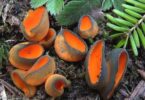
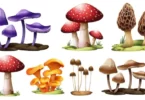
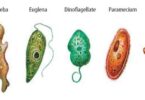
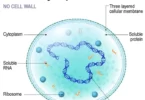
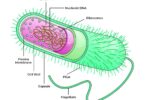
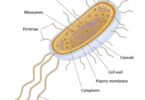
Leave a Comment